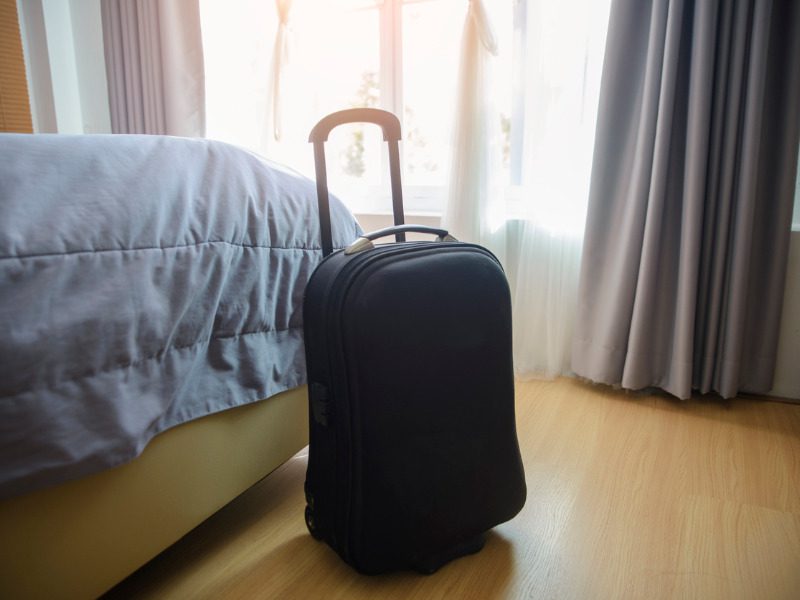What the court said about a condo owner using his unit for Airbnb

British Columbia’s Civil Resolution Tribunal has ordered a strata corporation to direct one of its council members to stop using a unit for short-term accommodations (STAs) after finding the council member violated a strata bylaw.
The case centred around Bylaw 4.3, which states “strata lots are for single-family residential use only,” as tribunal member Kate Campbell wrote in Honeybourne v. The Owners, Strata Plan VR 270. In this situation, the strata council member — identified only as RL — was operating an Airbnb in his unit when he was not using it himself (24% of the time each year).
The case was brought forward by Larry Honeybourne and Earnest Foster Willan, who each own or co-own strata lots in the respondent strata corporation. They argued RL was operating the Airbnb business without permission and contrary to strata bylaws. RL had contended the Airbnb was permitted under municipal bylaws, and there is no strata bylaw prohibiting STAs for periods of less than one month.
In ruling against RL, Campbell acknowledged that while the strata has no bylaw explicitly mentioning Airbnb use or STAs, Bylaw 4.3 can be summarized as saying strata lots are for single-family residential use only. She also referenced decisions from British Columbia’s Supreme Court and Court of Appeal.
For example, in Nanaimo (Regional District) v. Saccomani, the Supreme Court of British Columbia specifically considered whether residential use included STAs in dwelling. The high court found that providing accommodations in a home to tourists was not a residential use, and that such use must be ‘non-transient.’ Similarly, in HighStreet Accommodations Ltd. v. The Owners, Strata Plan BCS2478, the B.C. Court of Appeal found that residential use of strata property “differs markedly from commercial use for short-term accommodation.
“Based on Highstreet and Saccomani, I find that RL’s use of his strata lot for Airbnb is a commercial use, and is not a residential use,” Campbell wrote in the CRT decision. “Bylaw 4.3 allows a strata lot to be used only for single family residential use. So, I conclude that Airbnb and other STAs are prohibited under bylaw 4.3.”
Both parties in the case also cited prior CRT decisions in support of their arguments. “All of these decisions turn on the wording of the strata bylaws in question, as well as other evidence specific to each strata corporation,” Campbell observed.
In dismissing RL’s contention that Airbnb was permitted under municipal bylaws, Campbell referenced CRT decision O’Reilly v. The Owners, Strata Plan BCS 3866. In O’Reilly, the tribunal found STAs were prohibited by a bylaw that said an owner must use the strata lot exclusively as a private residential property for a single-family residential dwelling. The tribunal member reasoned that even though municipal bylaws permitted STAs, this didn’t mean the strata’s bylaw should be interpreted as permitting them.
“I find the reasoning in O’Reilly persuasive, and applicable to the facts of this case. Although it is not binding, I adopt that reasoning and apply it here. I also rely on the binding reasons in Highstreet and Saccomani…”
Since the strata corporation has not been enforcing bylaw 4.3, “I find it is appropriate to order it to start doing so immediately,” Campbell wrote. As well, she ordered the corporation to enforce any further breaches of the bylaw.
The strata corporation is also open to amend the bylaws to explicitly permit STAs, Campbell said.
Feature image by iStock.com/Pra-chid



